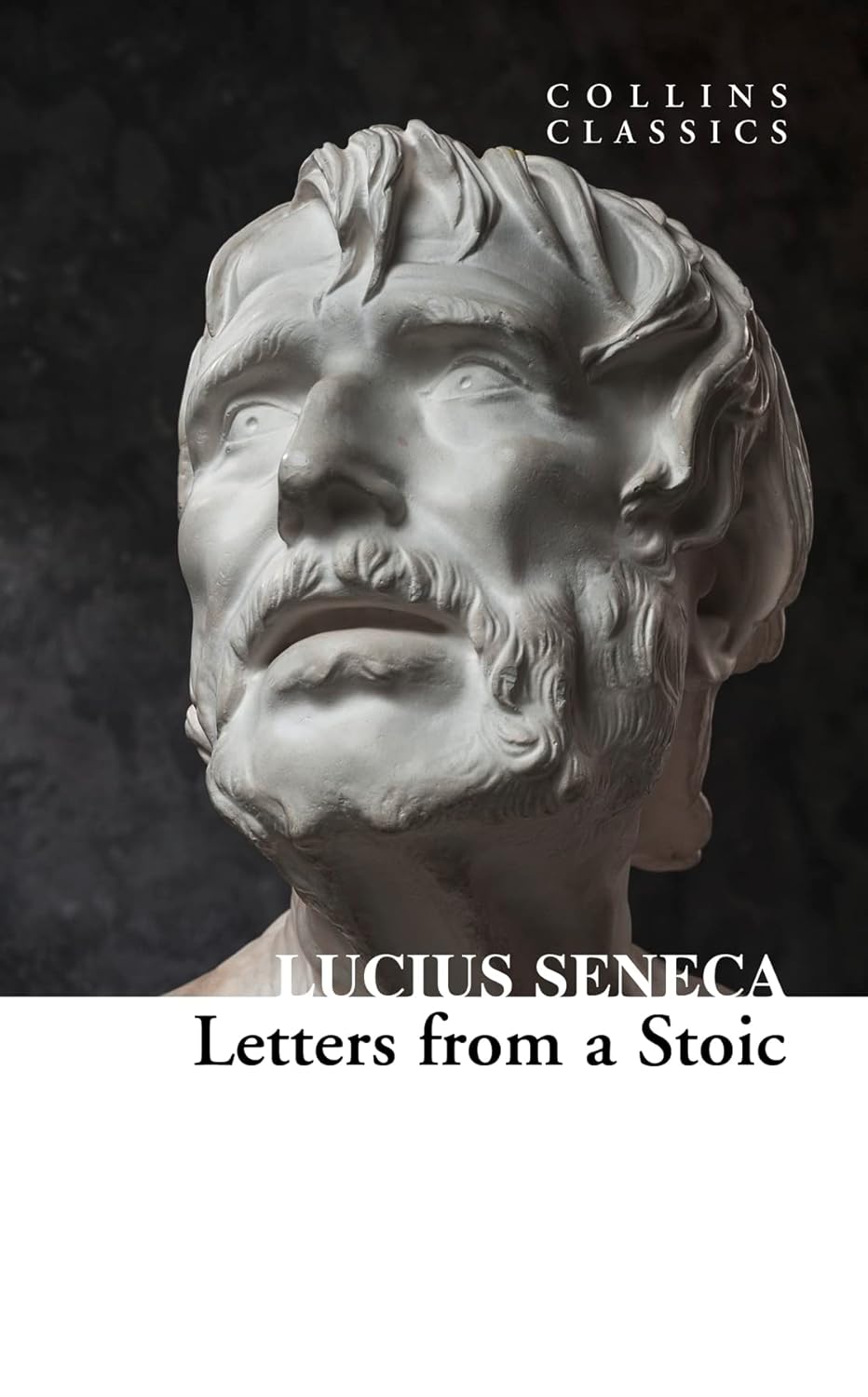
Enhancing Mental Health Among Students Through Stoicism: Insights from Vietnam
Amidst Vietnam’s rapid socio-economic transformations, young adults are increasingly facing mental health challenges. A novel study from the University of Economics Ho Chi Minh City delves into the potential of Stoicism, an ancient philosophical practice, to improve mental well-being among students, showcasing a significant fusion of historical wisdom and modern psychological health strategies.
Passion Theory of Stoicism


Four Negative Emotional States In Students
Four Classes of Emotion
The Passion Theory categorizes these emotions into four classes—Grief, Fear, Desire, and Pleasure—and each has specific triggers and effects on students’ mental health. For instance, the desire to excel or the fear of missing out can lead to significant stress if not managed appropriately. The study’s findings suggest that integrating Stoic strategies, such as cognitive reframing and focusing on present actions, can help students navigate these challenges more effectively.


Applying Practical Stoicism
Summary


The Best Magnesium Supplements: A Scientific Overview
One essential component of physical and mental well-being is the mineral magnesium, which plays a crucial role in numerous physiological processes including muscle and nerve function, blood glucose control, and protein synthesis.

A Stoic’s Guide to the Best Organic Coffee
In the pursuit of a serene and virtuous life, the Stoics often emphasized the importance of simplicity and natural living. As we navigate our daily routines, it is crucial to align our choices with these principles, even in the seemingly mundane act of enjoying a cup of coffee.

Best Face Moisturizer For Stoic Beauty
In the pursuit of a serene and balanced life, our skincare routines can serve as a daily reminder of simplicity and natural beauty. Stoicism teaches us to focus on what is essential and to find peace in simplicity.

Letters From A Stoic by Seneca
“Letters from a Stoic” is a collection of 124 letters written by the Roman philosopher Lucius Annaeus Seneca to his friend Lucilius. These letters, often referred to as the “Epistulae Morales ad Lucilium,” are a significant part of Seneca’s philosophical legacy and provide insights into Stoic philosophy and practical wisdom.
